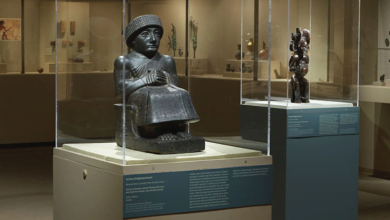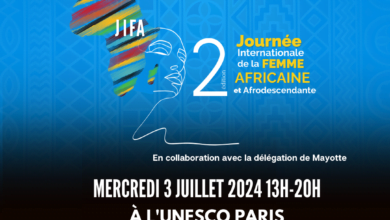CEMAC: the European Union seeks to convince member countries
The member countries of the Economic and Monetary Community of Central Africa (CEMAC) refuse to sign the bilateral Cameroon-EU agreement, as suggested by Yaoundé and Brussels, despite a collective meeting held on March 3 in Douala.
The Central Africa sub-region States are now advancing in tight order as reported, on March 3 in Douala, during the 16th meeting of the Committee of Ministers in charge of the negotiations for the Economic Partnership Agreement (Comina). A decisive session which brought the five other countries – Central African Republic, Gabon, Chad, Congo Brazzaville, Equatorial Guinea – of the Economic and Monetary Community of Central African States (CEMAC) and the Democratic Republic of Congo (DRC) to refuse to sign the Cameroon-European Union bilateral agreement, as suggested by Yaoundé and Brussels, in a letter to the Chairperson of the CEMAC Commission in January 20, 2017.
A solitary agreement
The Economic Partnership Agreement (EPA) between Cameroon and the European Union (EU) took shape on August 4, 2016 marking the beginning of the dismantling of customs barriers on imports to Cameroon from the EU. This tariff dismantling includes products of the first group consisting of 1,760 tariff lines (household consumer products: 30%, raw materials: 19%, and capital goods: 27%).
Under the pressure of the European partner, Yaoundé invited the other regional bloc States to be involved in this agreement, but in vain. According to the Cameroonian journalist, Aboudi Ottou, his country was seeking to « save the customs union of CEMAC undermined by the Yaoundé’s decision to conclude and implement alone an EPA with the EU »
The EU letter
The negotiations for a Central Africa-EU EPA were interrupted by Brussels in 2011. On October 27, 2016, Yaoundé received a letter jointly-signed by Neven Mimica and Cecilia Malmström, European Commissioners for Development and Trade respectively, in which Brussels wanted Cameroon to convince the other sub-regional countries to get involved in its position: « Our services are at your disposal to consider with you the conditions of involvement in the step agreement that is currently being implemented between the EU and Cameroon »
Brussels also mentioned that it was not a question of resuming the negotiations which had been suspended for six years but of discussing the text for a new agreement which clearly requires new clauses, according to experts from Central Africa. In Douala, the Comina decided to resume contact with the EU, to continue the negotiations. « We want to resume negotiations, and we will resume negotiations, » said Louis Paul Motaze, the Cameroonian Minister of Economy, Planning and Land Development (Minepat).
Negotiation margins
Nevertheless, Cameroon already points out budgetary losses, while its trade agreement with the EU is only at onset. The shortfall is estimated at CFA 100 million per month or CFA 700 million in seven months, which lacks to guaranty a promising future. For more than 5 hours, the Minepat and its sub-regional counterparts have agreed on a common position to conclude a regional EPA, beneficial to all.
Pascal Youri-Lagha, commissioner of the Common Market Department of CEMAC Commission and chairman of the ministerial committee for EPA negotiations, thinks, after careful consideration, that for a successful EPA, The EU must meet all the conditions relating to the financing of the Regional Development Assistance Program (RDAP) and productive capacity building of Central Africa.





